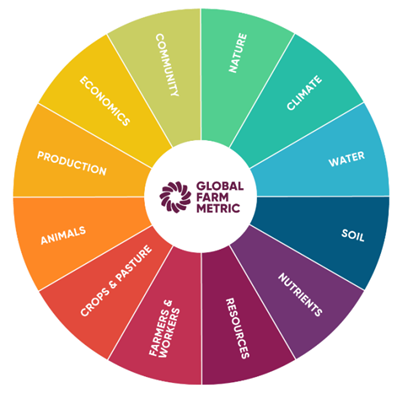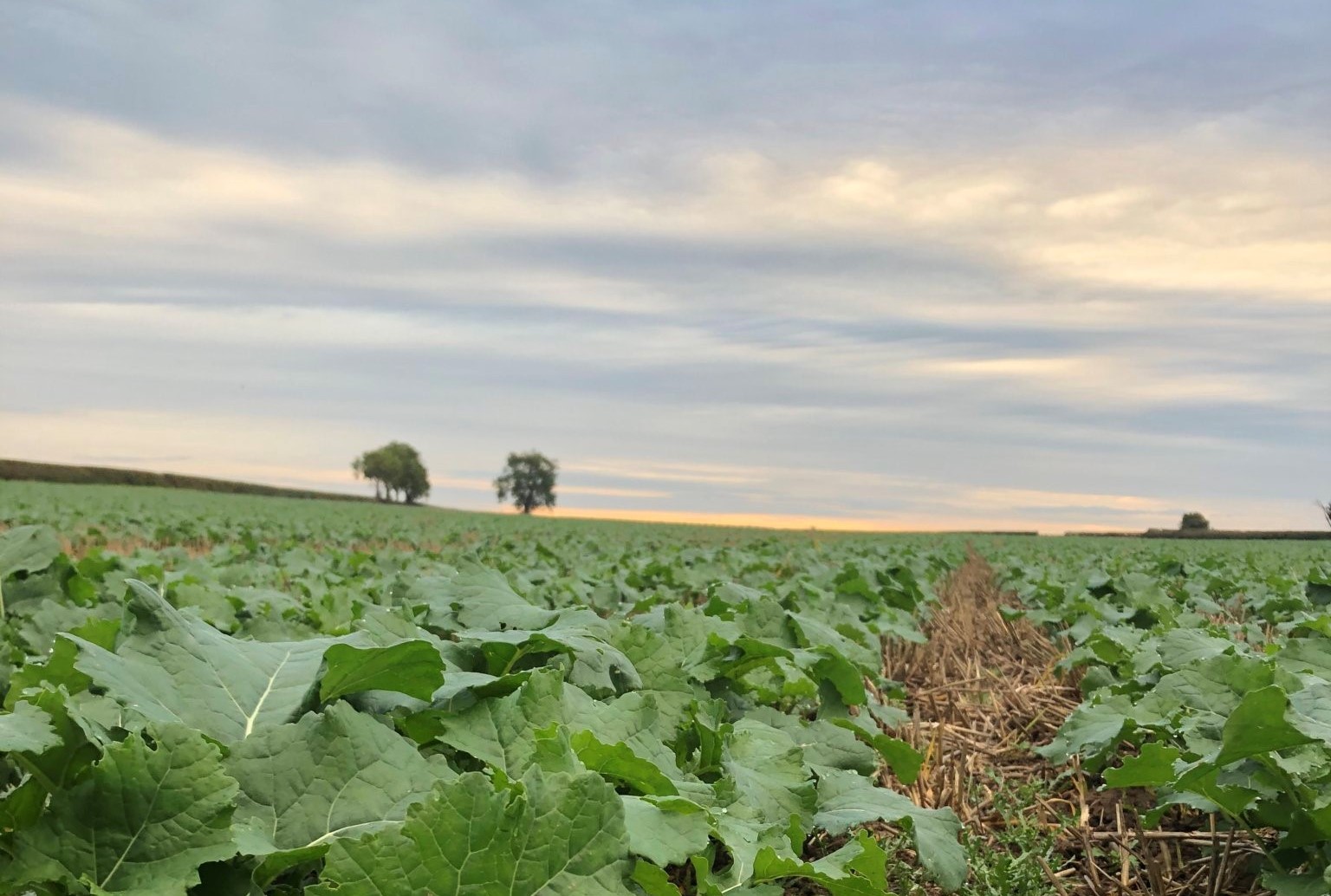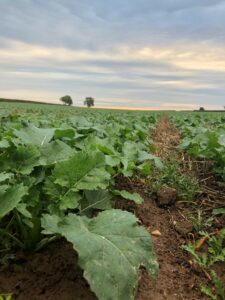As an industry that occupies 36.5% of global land mass agriculture plays a key role in how the natural world is managed. It also supplies the food we need to survive and thrive.
Agriculture is made up of a huge diversity of farming systems that differ in the products they produce, the quantity and type of inputs they apply, the management practices they implement, and their scale. By identifying and acknowledging the impacts these different farming systems have on the environment and on society it is possible to enhance the positive outcomes of farming and mitigate those which are less desirable.
Over the last 18 months researchers at the University of Reading have been supporting the development of the latest version of the Global Farm Metric (GFM) Framework and indicators, working with researchers from the Sustainable Food Trust, UK, and Moinhos de Vento Agroecology Research Centre (MVARC), Portugal.
A common language for agricultural sustainability
The GFM initiative seeks to facilitate the establishment of a common language for agricultural sustainability, that can provide a road map to understand and measure sustainability at farm level.
According to the Food and Agriculture Organization of the United Nations (FAO), sustainable agriculture should aim to conserve land, water, plant and animal genetic resources, be environmentally non-degrading, technically appropriate, economically viable and socially acceptable.
This aim highlights the need for an holistic approach to agricultural sustainability capable of highlighting the interconnectedness of natural, social, and economic systems. This holistic philosophy is at the core of the GFM Framework, which considers the environmental, social and economic aspects of sustainability across 12 categories.

As a common language for understanding sustainability across food and farming among policymakers and by the public, the GFM seeks to encourage the development of increasingly holistic farm sustainability assessments. By creating a clear and accessible way of understanding the roles of those assessments which already take an holistic approach, the GFM framework will facilitate convergence between the data points collected within existing tools.
Helping farmers understand what sustainability means for their farms
A core belief underlying the GFM is that a shared, holistic language for understanding farm sustainability can help farmers to make sense of the complex mix of sustainability initiatives and assessments they are currently faced with, so that they can gain a coherent overview of what sustainability means for them and their farms.
The GFM framework is connected to a set of ‘state of the system’ indicators which can be embedded within existing farm assessments, audits, certification schemes and management tools. At a very practical level, the alignment of existing tools and assessments around the collection of common core data which are required by all, can reduce the burden created for farmers when different schemes and tools ask for the same information in different ways.
The GFM seeks to empower farmers and land managers by providing them with the means to communicate their performance and understand the current challenges they are facing. The ‘state of the system’ indicators focus on outcomes rather than practices, acknowledging that there is not a ‘one-size-fits-all’ solution for agricultural sustainability.
Over the past six years, the development of the GFM has utilised a farmer-centric approach, with farm trials and farmer feedback at its core. In the last 18 months, academics and industry partners have been consulted on the framework and indicators, through a series of webinars and in a Delphi consultation process focused on the development of indicators for the state of nature on-farm.
To avoid reinventing the wheel, this work to develop framework indicators has been based on a systematic review of existing approaches to assessing farm sustainability, and the framework itself has been revised based on trial outcomes and recent research. The indicators will continue to evolve over time, as knowledge, understanding, and the technical means to collect data on-farm evolve.
A consultation period to gather and respond to feedback on the GFM framework and indicators comes to an end on 28 February 2023. Based on this, final revisions will be made to the wheel, its categories, and sub-categories. The framework will then form a stable, holistic, and common language to support the ongoing transformation towards sustainable food and farming systems which can provide food security and at the same time safeguard and contribute towards improving the state of nature and society for future generations.
Find out more
The latest version of the GFM framework, and more details about its content, can be found on the Global Farm Metric webpage.
If you would like to leave any feedback to inform the development of the GFM framework and indicators please contact info@globalfarmmetric.com.
Lisa Arguile is a Research Associate in the Department of Agri-Food Economics and Marketing at the University of Reading.



